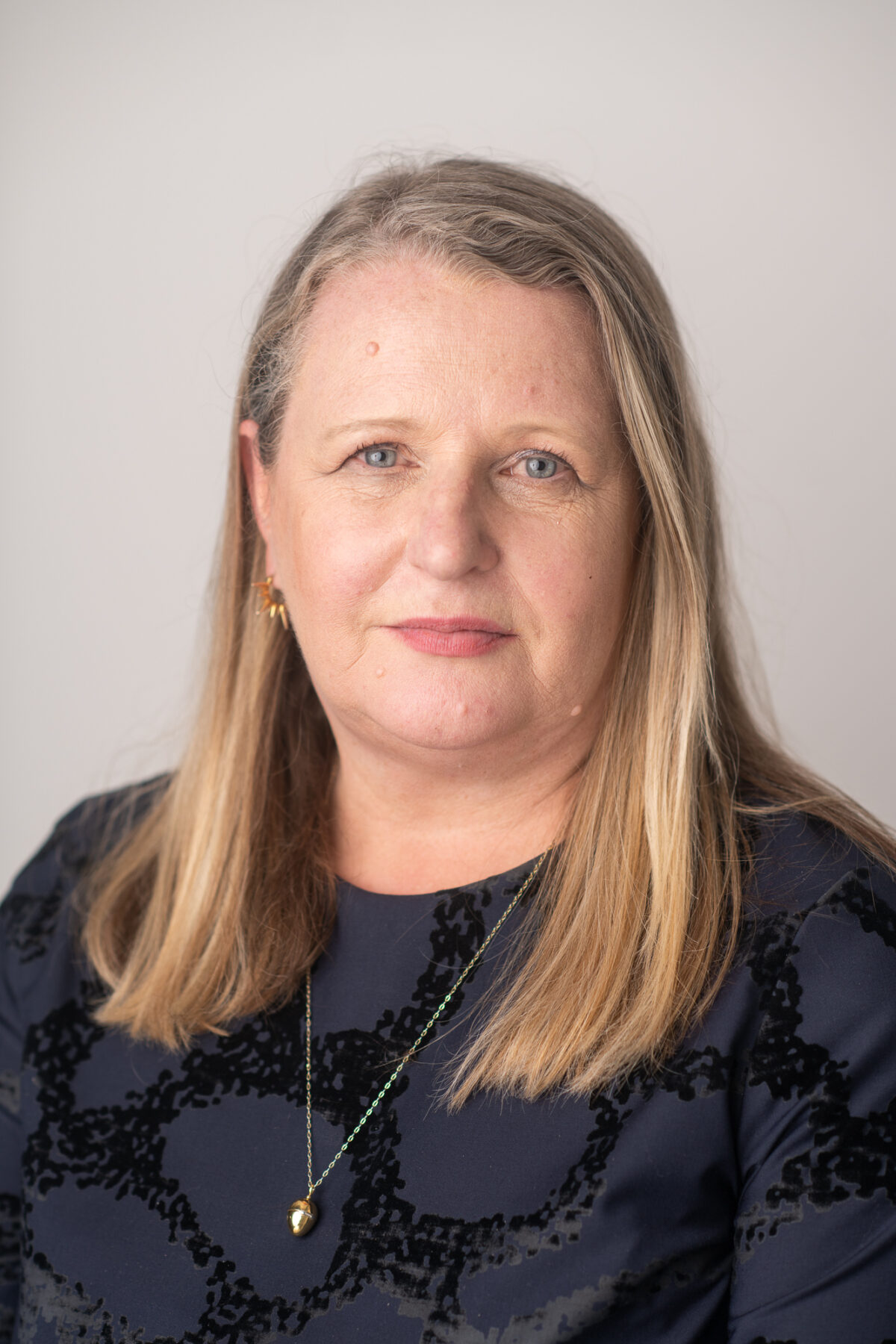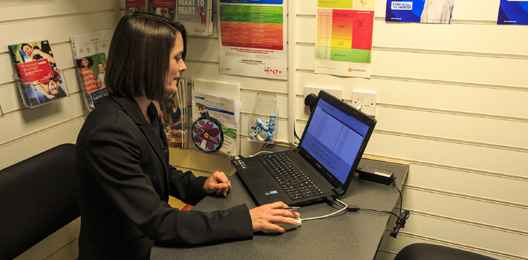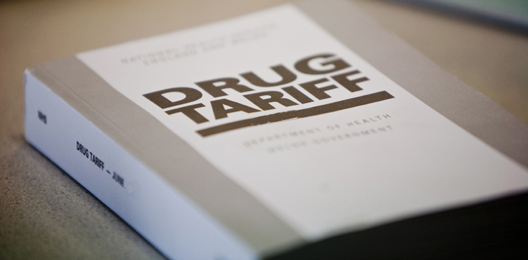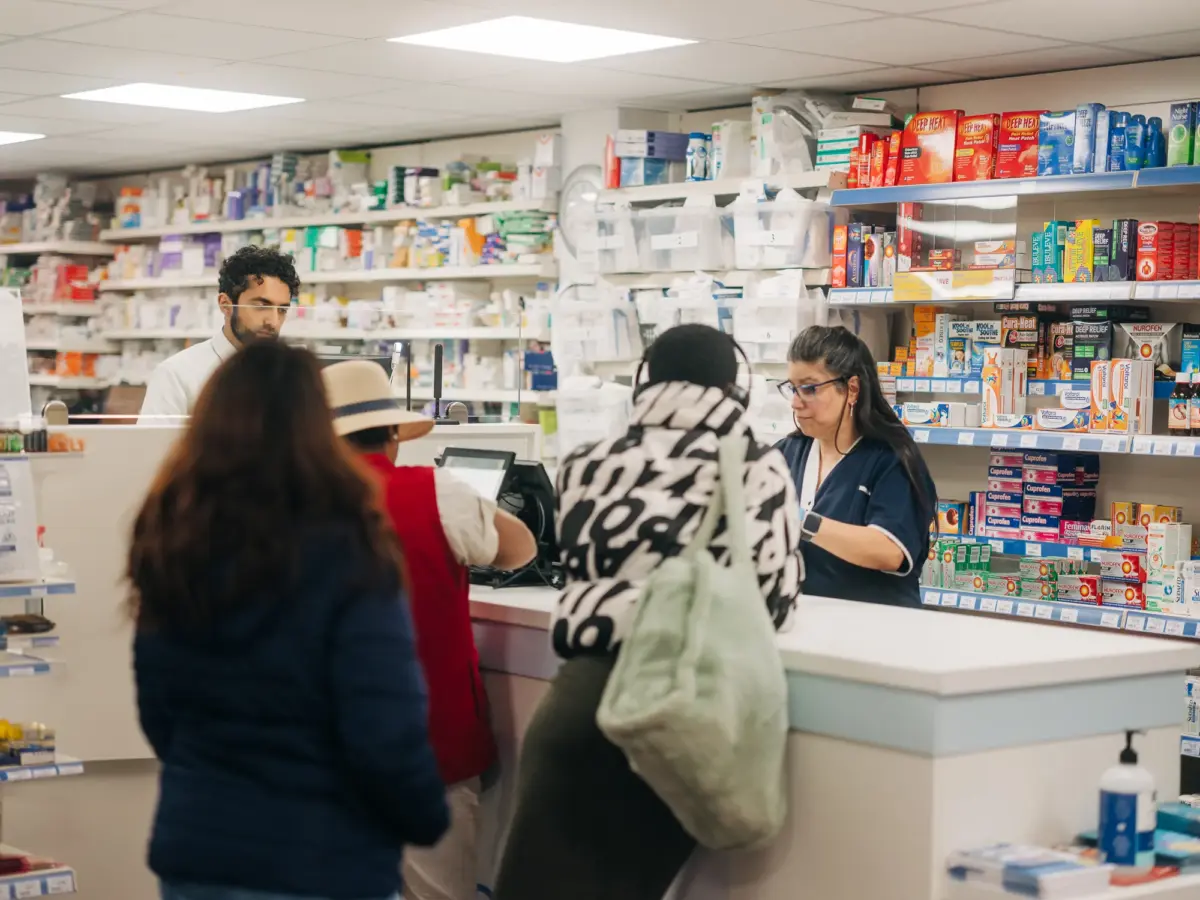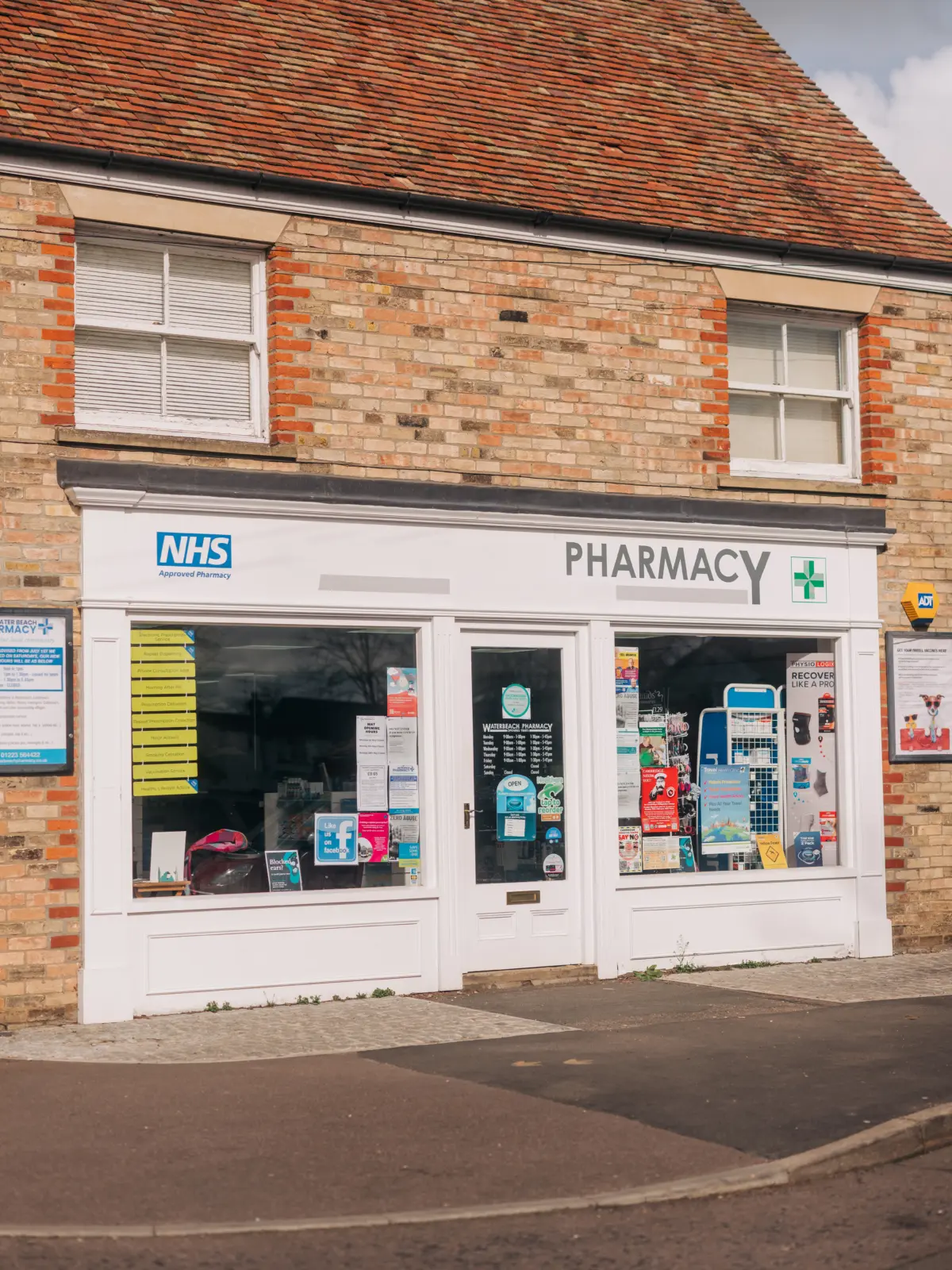Contractor Case Study: Implementing the GP CPCS
The Community Pharmacist Consultation Service (CPCS) was extended to include referrals from general practices in November 2020. Nine months on, Clark’s Chemist in Barnsley is receiving around 20-25 minor illness referrals a week from a number of general practices.
Positive outcomes
Adam Clark, the Pharmacist at Clark’s Chemist, is clear that the service has benefitted patients who, instead of having to see a GP, have been able to attend a face to face or virtual consultation with a pharmacist that same day or at a time convenient to them.
In one such instance, a woman, isolating with COVID-19 and the primary carer for her elderly aunt, phoned her local GP surgery distressed about her aunt’s diarrhoea. With the patients’ consent, the receptionist at the practice referred them to their local pharmacy, Clark’s Chemist. Having received the referral, a pharmacist contacted the patient and, after consulting with them, advised that they purchase an over the counter medicine. The pharmacy then delivered this medicine to the patient’s door within fifteen minutes of the consultation. If not for GP CPCS, this patient would have waited for a GP appointment or attended their local A&E, placing pressure on already strained services.
Getting set-up
According to Adam, setting up the referral pathway was relatively straightforward: a representative from the pharmacy spoke to the GP practice manager, and the LPC investigated the software needed to get the service up and running. After the chosen software (EMIS WEB) was released, LPC members then familiarised themselves with using it and taught the medical receptionists how to use it at the surgeries. Adam suggested that pharmacy staff be in regular contact with the medical receptionists through the GP practice manager(s) and support them as much as possible to increase their confidence in referring to pharmacy.
Improving professional relationships
Adam believes that GP CPCS has been a valuable tool in educating GPs on what community pharmacies can do and that the relationships built between pharmacies and GP surgeries delivering the service could pave the way for the introduction of more national Advanced Services that harness pharmacists’ clinical expertise.
Looking to the future of the GP CPCS, Adam would like to see more referrals into community pharmacy and the definition of ‘minor illness’ in the service specification extended to enable community pharmacies to receive referrals for an even wider range of ailments.
Commenting on his overall feelings towards the GP CPCS, Adam said:
“I can undoubtedly say that this service is one of the best things that has happened to me in my 17 years as a pharmacist. I have never felt so professionally challenged and satisfied as I have since this service was expanded to include referrals from general practice.
The surgeries, particularly their reception staff, have been outstanding, and I look forward to continuing to work with them in the future.”


